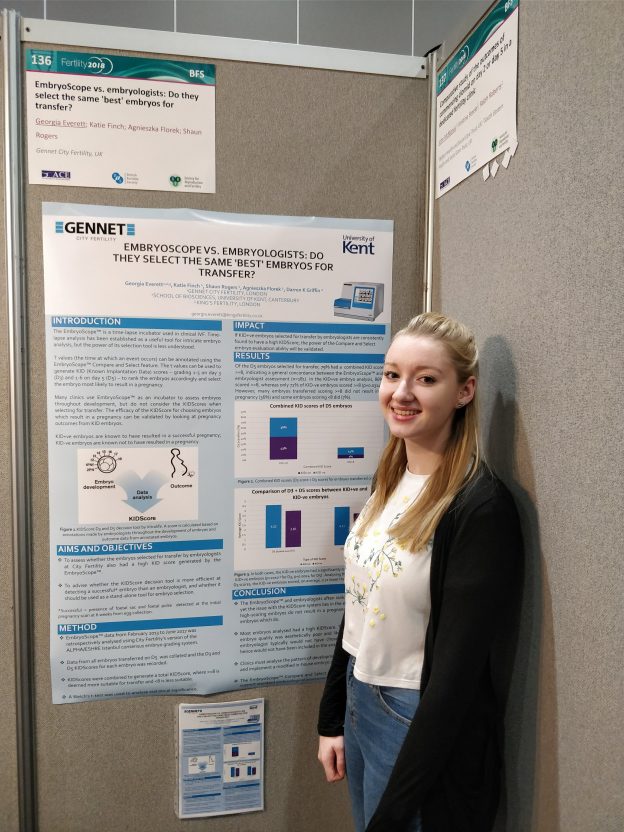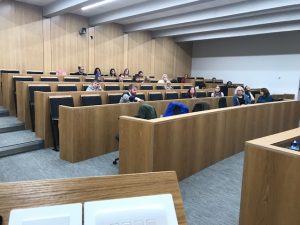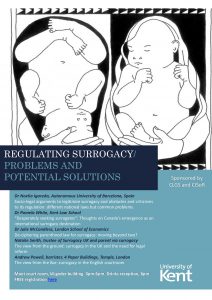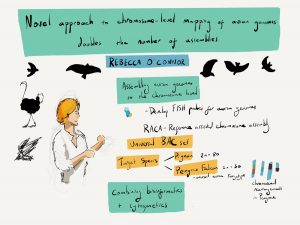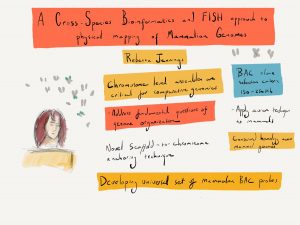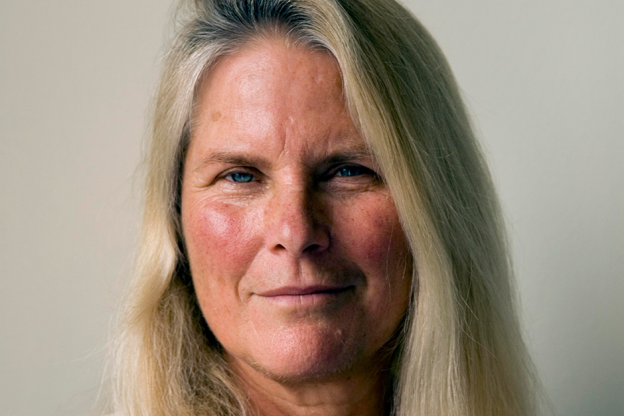The British Abortion Act (1967), which came into effect in April 1968, has recently passed its fiftieth anniversary. While sometimes heralded as an early achievement of the feminist movement, the Act was in fact inspired by concerns with public health and social justice. Prior to 1968, poor women facing unwanted pregnancies would seek out illegal, often dangerous ‘backstreet’ abortions, whereas wealthier women might access expensive, professional services. After 1968, all that was to change. As one senior gynaecologist noted somewhat ruefully,
‘all in all, we [in the RCOG] did not expect a very great change in practice from that obtaining before the Act. We thought there would be a slightly more liberal attitude to the problem, for that, after all, was the purpose of the new law. How wrong we were. I am afraid that we did not allow for the attitude of, firstly, the general public, and, secondly, the general practitioners.’[1]
While less than 3,000 legal abortions had been reported in England and Wales in 1962,[2]there were over 167,000 in 1973, just five years after the Act’s implementation.[3] David Steel, who as a young Liberal MP had introduced the Act, welcomed the fact that these women had ‘come openly through their family doctors instead of risking a back-street operation of the kind responsible for about thirty deaths a year’.[4] Others were less pleased. Ian Donald, Regius Chair of Midwifery at the University of Glasgow, clinical father of obstetric ultrasound, and a founding member of the Society Protection for Unborn Children, lamented the fact that the British public appeared to perceive the legislation ‘as indicating the right to abortion on demand’.[5]
It is impossible to know how far these rocketing numbers reflected an absolute rise in the incidence of terminations or whether they simply recorded the displacement of backstreet abortions into hospitals and clinics. However, the impact on the NHS was undeniable. With no additional resources made available to meet the surge in demand, many facilities were unable to cope, and private and charitable service providers took up the slack.
With the Abortion Act at the vanguard of a wave of liberalising legislation across the western world, women also arrived in large numbers from overseas to access the services that were yet to be made available in their own countries. Over 53,000 women travelled to England and Wales to end pregnancies in 1974 alone, the majority of them from France.
Today, the legal framework laid down by the Abortion Act is well embedded. While abortion remains controversial, a solid majority of British adults are broadly pro-choice;[6]almost all terminations for resident women are funded by the NHS;[7]and one in three British women will end a pregnancy at some point during her lifetime. Far fewer women now travel to access abortion services in Britain, with numbers soon to drop still lower, given the recent referendum vote in favour of legalising abortion in the Republic of Ireland. Indeed, criticisms are increasingly made not that the Abortion Act is too liberal, but rather that it is too restrictive. In this sense, it is asked whether abortion should still be conceived as a criminal – rather than health law – issue; whether it is right for women to face clinically unnecessary hurdles when seeking to end unwanted pregnancies; and why Northern Irish women still have to travel to access the services available to women elsewhere in the UK. In light of such criticisms, it seems unlikely that the Abortion Act will survive another five decades.
[1]T.R.T. Lewis, ‘The Abortion Act (1967): Findings of an Inquiry into the First Year’s Working of the Act conducted by the Royal College of Obstetricians and Gynaecologists’, British Medical Journal, 2 (1970), 529-35.
[2]Ibid.
[3]Registrar General’s Statistical Review of England and Wales, Supplement on Abortion for 1973.
[4]Wellcome Library, SA/ALR/G.69, D. Steel, Speech to the AGM of the Abortion Law Reform Association, ‘Abortion Act Vindicates 16 years of Effort’, 19 October 1968.
[5]Ian Donald, ‘Naught for your Comfort’, Journal of the Irish Medical Association, 65 (1972), p. 286.
[6]http://www.bsa.natcen.ac.uk/latest-report/british-social-attitudes-30/personal-relationships/abortion.aspx
[7]https://www.gov.uk/government/statistics/abortion-statistics-for-england-and-wales-2017


